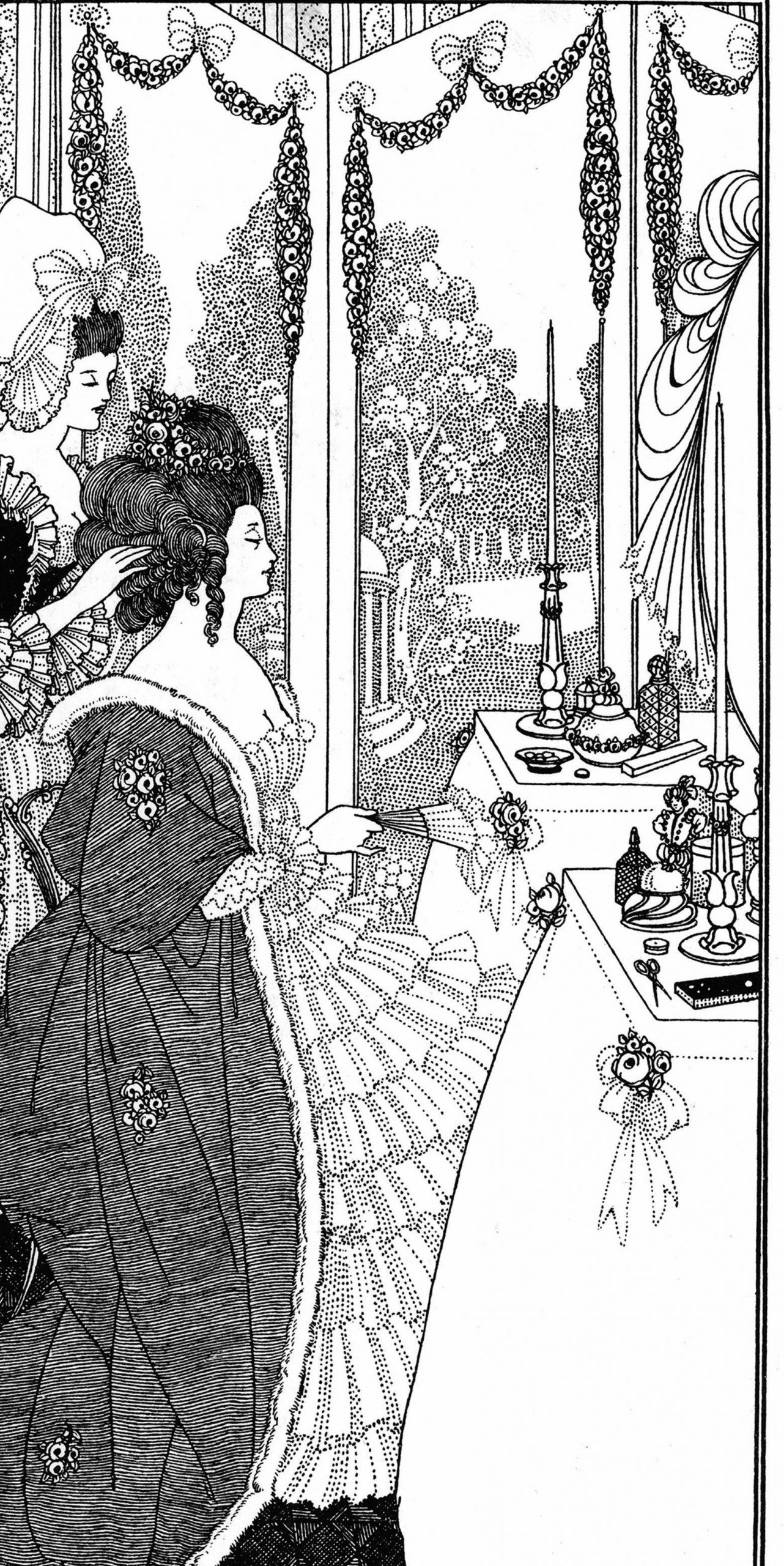
WJEC: ‘Period and genre study: satire’
In a letter to Joseph Spence, Pope described the complex reaction to his strange, fantastical poem The Rape of the Lock: ‘People who would rather it were let alone laugh at it, and seem heartily merry, at the same time that they are uneasy. ’Tis a sort of writing very like tickling.’ The image of tickling, a necessarily intimate act, alerts us to Pope’s position as an insider who is knowingly aware of the mores of the society he describes, as well as of the real incident on which the poem is based, the ‘it’ that people wanted ‘let alone’. Arabella Fermor, an aristocratic English Catholic, had a lock of her hair cut off without permission by Robert Petre, 7th Baron Petre, which created a breach between two important Catholic families.
Your organisation does not have access to this article.
Sign up today to give your students the edge they need to achieve their best grades with subject expertise
Subscribe




